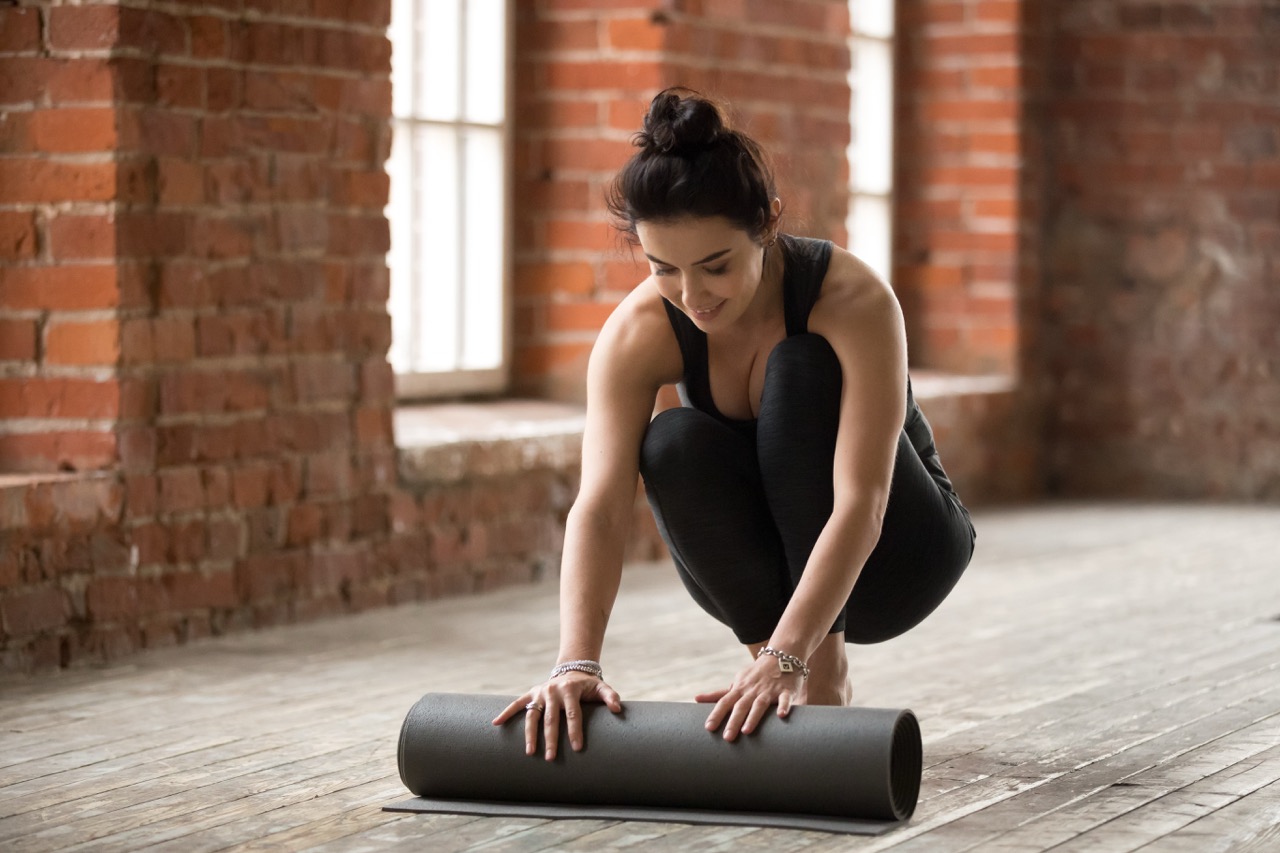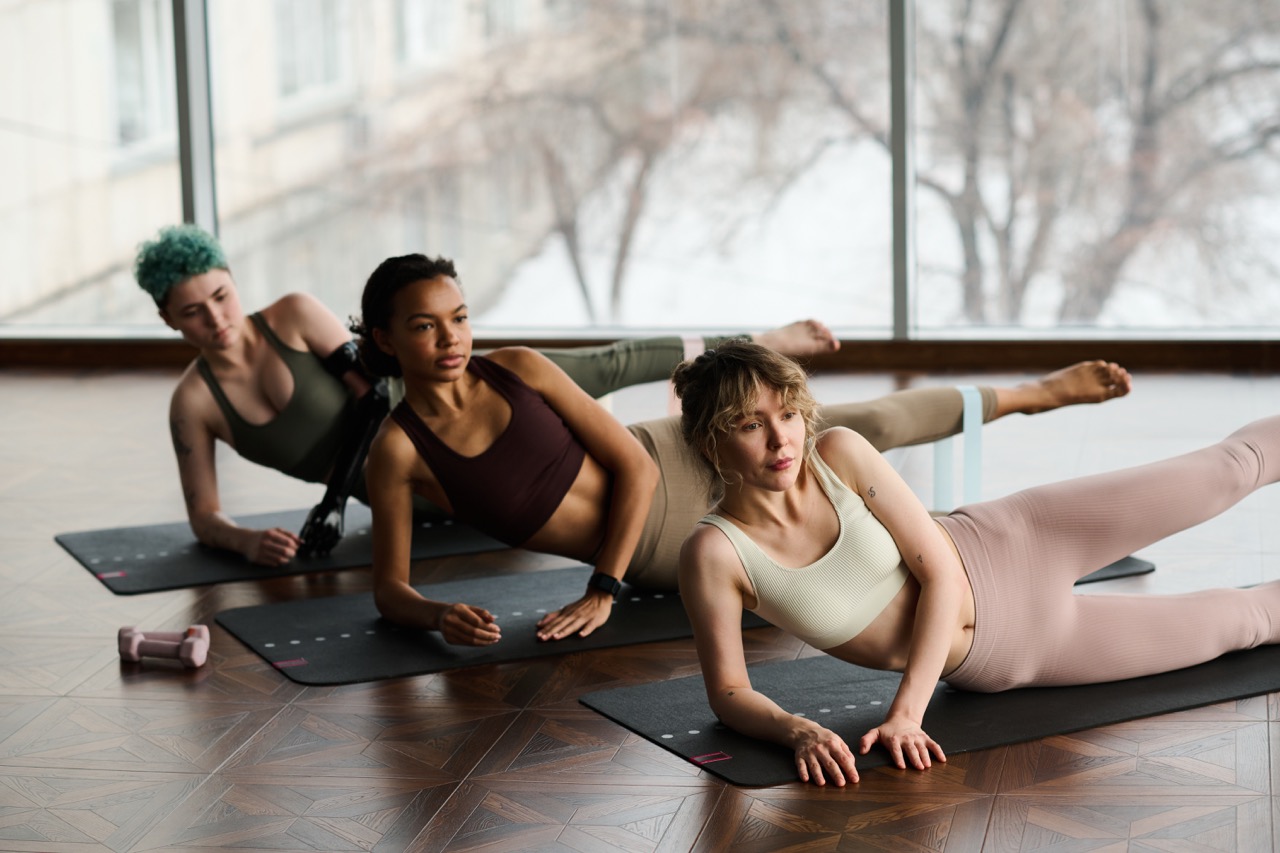“Three years ago I was diagnosed with Osteoporosis in my spine and prescribed weekly Alendronic Acid medication , although my doctor emphasised that although the medication should prevent further bone loss, any real improvement in bone density would come from my diet and , crucially , weight bearing exercise . I was recovering from a broken ankle at the time plus had a few knee and back issues so started individual Pilates sessions with Lisa in the hope of sorting these things out more than anything . As my leg and core muscles strengthened and my various niggles went away I felt confident enough to up my exercise routine and started adding in cross -training sessions at the gym and , a few months ago added 3 mile runs once or twice a week which I hadn’t done for years . A couple of weeks ago my repeat DEXA scan showed a 4.5% increase in spinal bone density – my doctor was very pleasantly surprised and apparently I’m now in the normal range for a woman of my age (60)! I’m obviously thrilled and convinced that my sessions with Lisa and her wonderful team of instructors have been instrumental in tackling my Osteoporosis.”

Late December does something weird to the human nervous system. Days get shorter. Diaries get louder. Sleep gets scruffier. Movement becomes a “January problem” until your back, neck, or hips send a strongly worded complaint.

Women often arrive at our clinic with a familiar story. Persistent back or pelvic pain that hasn’t fully resolved. A sense of core weakness after pregnancy. Leaking during exercise, discomfort during daily movement, or stiffness that worsens with hormonal changes.

Christmas is a tricky time for the body. Between the cold, the travel, the long stretches of sitting on low sofas, and the general disruption to routine, most people lose mobility before they lose fitness. That stiffness and soreness is what makes January training feel like punishment.At The Pilates Clinic, we are qualified Pilates instructors and we know that Christmas is not the time to overhaul your body; it is the time to stop it from falling apart.






















